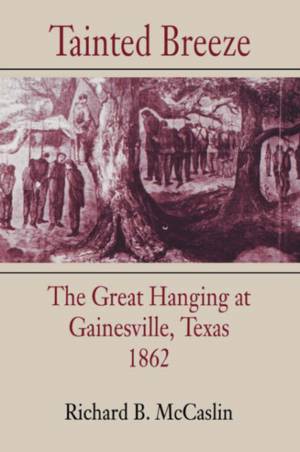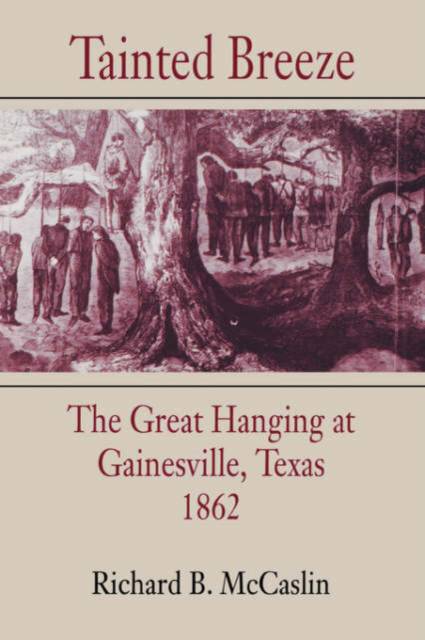
- Retrait gratuit dans votre magasin Club
- 7.000.000 titres dans notre catalogue
- Payer en toute sécurité
- Toujours un magasin près de chez vous
- Retrait gratuit dans votre magasin Club
- 7.000.0000 titres dans notre catalogue
- Payer en toute sécurité
- Toujours un magasin près de chez vous
Description
Winner of the Coral Horton Tullis Memorial Book Prize and a Certificate of Commendation from the American Association for State and Local History
In the early morning hours of October 1, 1862, state militia arrested more than two hundred alleged Unionists from five North Texas counties and brought them to Gainesville, the seat of Cooke County. In the ensuing days, at least forty-four of the prisoners were hanged, and several other men were lynched in neighboring communities. This event proved to be the grisly climax of a heritage of violence and vigilantism in North Texas that began before the Civil War and lasted long afterward. Until relatively recently, a legacy of silence restricted historical writing on the Great Hanging. In the first systematic treatment of this important event, Richard B. McCaslin also sheds much light on the tensions produced in southern society by the Civil War, the nature of disaffection in the Confederacy, and the American vigilante tradition.Spécifications
Parties prenantes
- Auteur(s) :
- Editeur:
Contenu
- Nombre de pages :
- 252
- Langue:
- Anglais
- Collection :
Caractéristiques
- EAN:
- 9780807122198
- Date de parution :
- 01-09-97
- Format:
- Livre broché
- Format numérique:
- Trade paperback (VS)
- Dimensions :
- 154 mm x 229 mm
- Poids :
- 362 g

Les avis
Nous publions uniquement les avis qui respectent les conditions requises. Consultez nos conditions pour les avis.






